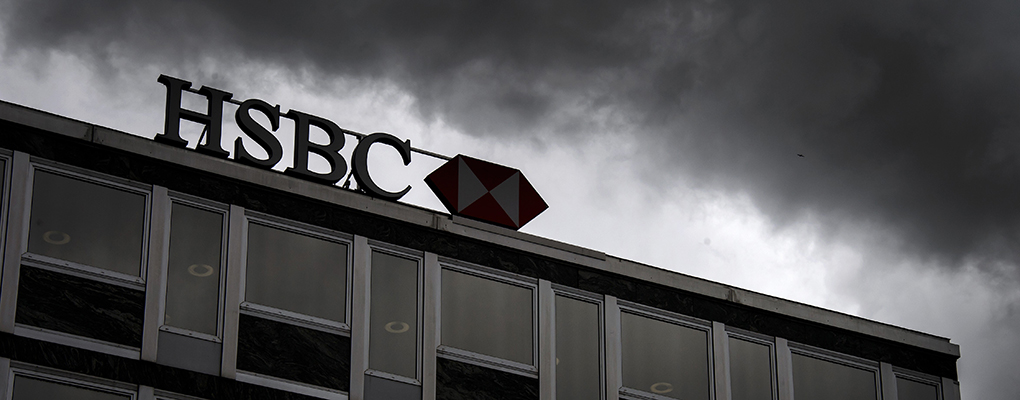
One of the UK’s leading banks has announced it is reviewing whether it should move its headquarters out of the country after investors raised concerns over the cost of doing business. HSBC is thought to be considering a move to Hong Kong; after many of its Asia-based investors said that the prospect of higher taxes and further regulations would harm its profitability.
Any departure from the UK would be a blow to the country’s financial services sector in London
Announcing the move, HSBC Chairman Douglas Flint said that the bank would undertake a “strategic review” of its operations, which may result in a move away from the UK. “As I said at our informal meeting in Hong Kong on Monday, we are beginning to see the final shape of regulation and of structural reform, including the requirement to ring fence in the UK. As part of the broader strategic review taking place, the Board has therefore now asked management to commence work to look at where the best place is for HSBC to be headquartered in this new environment.”
Any departure from the UK would be a blow to the country’s financial services sector in London, which has traditionally acted as the most desirable location for many of the world’s leading institutions. HSBC moved its headquarters to the UK in 1992 after acquiring the Midland bank, and has taken prime position in London’s Canary Wharf financial hub ever since. It currently employs more than 47,000 people in the UK.
The news comes during a bitterly contested general election in the UK where politicians argue over how to regulate and tax major financial institutions. With little chance of their being a strong government after May 7th’s election, the uncertainty over policy is giving major businesses pause for thought over their long-term operations. HSBC is also thought to be concerned about any departure of the UK from the EU, with a referendum over membership likely to take place within the next two years.
Incoming regulations are already having an effect on banks like HSBC. By 2019, banks like HSBC and Barclays will have to insulate high-street operations away from riskier investment banking services in an effort to avoid the sort of crisis that happened in 2009.


